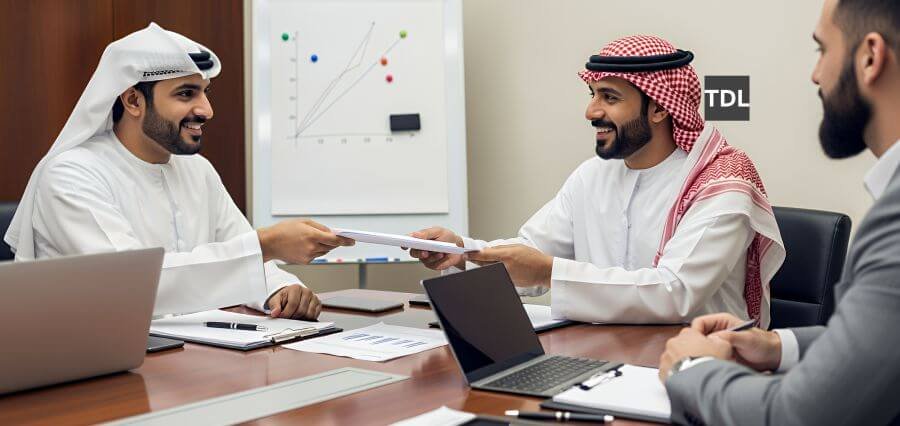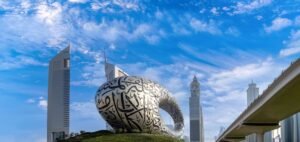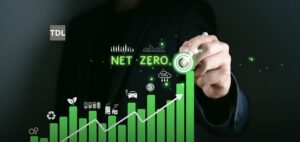United Arab Emirates (UAE) is currently the Middle East’s best economy and very widely recognized worldwide for its development plans, humongous infrastructure, and diversification attempts. From its oil-inspired roots all the way through to its present times as a world finance, tourism, business, and technology center, UAE mirrors its rapid development. But with the country shifting into record numbers, senior managements across all sectors are faced with challenging tasks that test their globalization sensitivity, flexibility, and long-term thinking. Tradition and modernity have to be mixed, visions at the national level reconciled, and multinational employees encouraged for sustained growth, in order for these objectives to be met. UAE leadership is made up largely of the country’s unique economic, cultural, and international geopolitical environment. The leaders must foster values built under native culture as they move within organizations in a time of globalization and competitive business. From holding on to compliance with new laws and regulations to incorporating sustainability into business models, leaders must create a mixture of vision, durability, and inclusiveness.
Harmonizing Modern Management Practice
The most common challenge facing UAE leaders is harmonizing modern management practice with traditional culture values. Emirati culture centers on respect, consensus, and deep family and community affiliations. Leadership should be sensitive to such values but adopt new governance structures, performance management, and technology that drive efficiency. The balance, in this case, is what makes an enterprise efficient and sparks cultural balance. Leaders who are insensitive to culture risk repelling employees and stakeholders, while tradition-based leaders risk strangling competitiveness and innovation.
Besides, the UAE has one of the most cosmopolitan workforces in the world with foreign nationals occupying nearly 90 percent of its population. Such a diversity population is extremely high in terms of innovation potential as cross-cultural working environment but challenging from the communication, integration, and motivation perspectives. Inclusiveness should be cultivated by the leaders to embrace the multicultural diversity but share a single set of goals and values. Diversity as strength can be utilized to empower the development of imagination, problem-solving, and flexibility in leaders. Great leadership in the UAE is therefore to empower working environments in which local and international practices and traditions are in an enabling relationship with each other.
Leading Economic Diversification and Innovation
The second major leadership challenge is to help diversify the UAE economy. As much as hydrocarbons dominate the source of economic contribution, the government wishes to unhook from hydrocarbons and drive industries such as renewable energy, high-tech manufacturing, digital technologies, and knowledge industries. Public and private sector leaders must align organisational plans to achieve such national aims so that they can be meaningful and competitive. This, along with the investment in new technology, also means creating a culture of innovation and change in organisations and teams.
Technology innovation, besides making this feasible, also poses issues for leaders who must be able to see disruption coming and react fast. The UAE has come out in front in adopting artificial intelligence, blockchain, and smart city ideas, but it all must be made effective by the leaders by enforcing change, upskilling and reskilling the workers, and responsible innovation. Leaders must make their organizations technologically literate but ethical, transparent, and sustainable. That establishes the country’s vision of becoming a knowledge-based economy to empower the global change drivers.
Developing Sustainable and Resilient Leadership Models
Environmental sustainability is increasingly the foundation of the UAE’s national long-term vision, and the UAE Net Zero 2050 plan exemplifies the emphasis on environmental sustainability. The executives are between the need to integrate sustainability into the business without compromising profitability and competitiveness. This generally means reengineering supply chains, reducing carbon footprints, and adopting green technology. Effective ministers at this stage are those who can voice a vision for the sustainable future, mobilize resources, and get stakeholders to be on board with long-term objectives. Being able to reconcile economic aspirations with social and environmental issues is increasingly becoming the mark of good leadership in the UAE.
Apart from other conditions, leaders should give maximum priority to resilience for global uncertainty like economic uncertainty, geopolitical volatility, and pandemics. The COVID-19 pandemic brought into focus a need for adaptive leadership that can provide instant decisions in a crisis but without compromising the intensity of employee motivation and ensuring their safety. The crisis-resilient organisations can be fostered through investment in crisis management systems, information technology infrastructure, and leadership development programs empowering emerging leaders to lead volatile challenges. By becoming resilient and sustainable, the UAE leadership can assure to place their organisations at first rank and make dreams of prosperity and stability achievable nationally.
Conclusion
UAE leadership is a delicate one with cultural beliefs, economic diversification, technological makeover, and calls for sustainability. It must balance cultural sensitivity, mindset of innovation, and vision with long-term strategy if it is to excel in this culture of transformation. Sustaining progress and heritage, workplace diversification, agenda setting for the country, and resilience building are decisions but the imperative of good leadership for the country. As the UAE evolves into a global business, innovation, and sustainability leader, adaptive leadership and vision will become more essential.
Read Also: From Vision to Value: Innovative Strategies for HR Leadership Excellence




